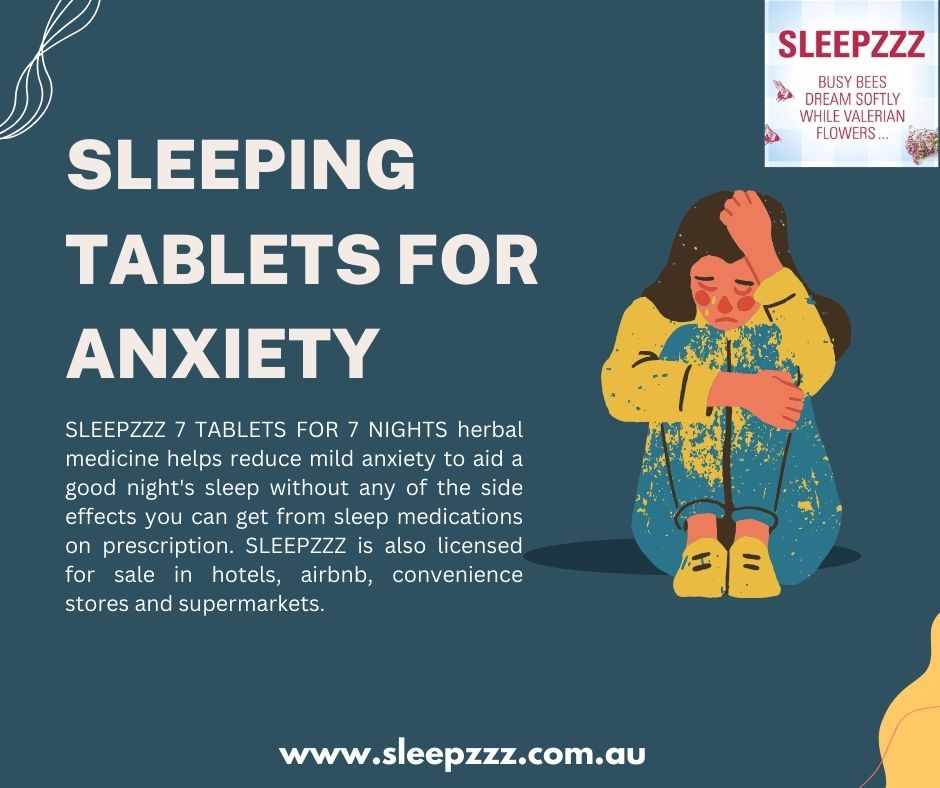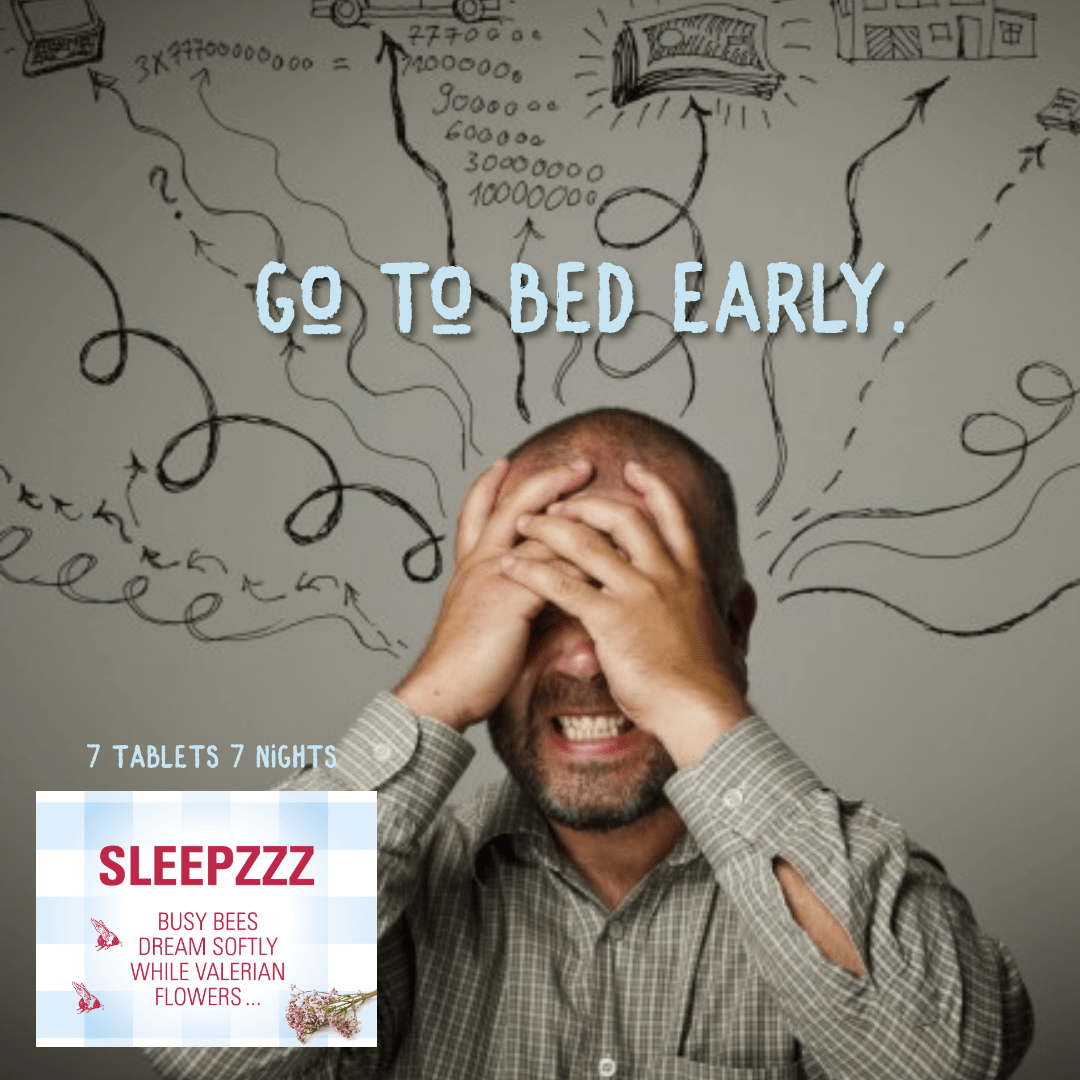In today's fast-paced world, getting a good night's sleep is often a challenge. For those struggling with sleep disorders, prescription sleep medicines might seem like a tempting solution. While these medications can provide short-term relief, it's crucial to be aware of the potential risks they carry. In this blog, we'll delve into the risk of prescription sleep medicines, shedding light on the side effects, dependency concerns, and considerations that come with their use.
Understanding Prescription Sleep Medicines
Prescription sleep medicines, also known as hypnotics or sedative-hypnotics, are medications designed to help individuals with sleep disorders fall asleep or stay asleep. They work by affecting the brain's neurotransmitters, inducing relaxation and drowsiness. Common prescription sleep medicines include benzodiazepines, non-benzodiazepine sedative-hypnotics, and melatonin receptor agonists.

Risks and Side Effects
Dependency and Addiction: One of the most significant risks of prescription sleep medicines is the potential for dependency and addiction. Benzodiazepines and similar medications can lead to physical and psychological dependence if used for an extended period.
Tolerance: Over time, the body can build a tolerance to the effects of sleep medicines. This might lead individuals to increase their dosage, increasing the risk of side effects and dependency.
Cognitive Impairment: Prescription sleep medicines can cause daytime drowsiness and cognitive impairment, affecting memory, concentration, and overall alertness.
Complex Sleep Behaviors: In some cases, individuals taking prescription sleep medicines might engage in complex sleep behaviors, such as sleepwalking, sleep-driving, or even sleep-eating, with little to no memory of these actions afterward.
Rebound Insomnia: Discontinuing prescription sleep medicines can lead to rebound insomnia, causing sleep difficulties that are more severe than before starting the medication.
Considerations for Use
Short-Term Solution: Prescription sleep medicines are generally recommended for short-term use, usually a few weeks, to avoid dependency and tolerance issues.
Underlying Conditions: It's important to address the root causes of sleep difficulties. Consult with a healthcare professional to determine if there are underlying medical or psychological factors contributing to your sleep problems.
Alternative Approaches: Before turning to prescription sleep medicines, consider lifestyle changes, cognitive-behavioral therapy for insomnia (CBT-I), and other non-drug interventions that promote healthy sleep habits.
Balancing Benefits and Risks
While prescription sleep medicines can provide relief for those struggling with severe sleep disorders, the decision to use them should be made carefully and under the guidance of a medical professional. Here are some steps to consider:
Consult a Doctor: Discuss your sleep difficulties with a healthcare provider. They can help determine if prescription sleep medicines are appropriate for your situation.
Educate Yourself: Research the specific medication prescribed to you. Understand its potential side effects, interactions, and the recommended duration of use.
Monitor Your Response: If prescribed a sleep medicine, closely monitor your response to the medication. Be vigilant for any adverse effects or changes in your sleep patterns.
Regular Check-ins: Stay in touch with your doctor while using prescription sleep medicines. Regular check-ins can help evaluate their effectiveness and address any concerns.
Prescription sleep medicines can provide temporary relief for individuals grappling with sleep disorders. However, the risks of dependency, tolerance, and potential side effects make it essential to approach their use cautiously. Understanding these risks, considering alternative approaches, and working closely with a healthcare provider can help strike a balance between the benefits of these medications and the potential drawbacks. Prioritizing healthy sleep habits, addressing underlying issues, and making informed decisions contribute to long-term sleep wellness and overall well-being.




.jpg)




Write a comment ...